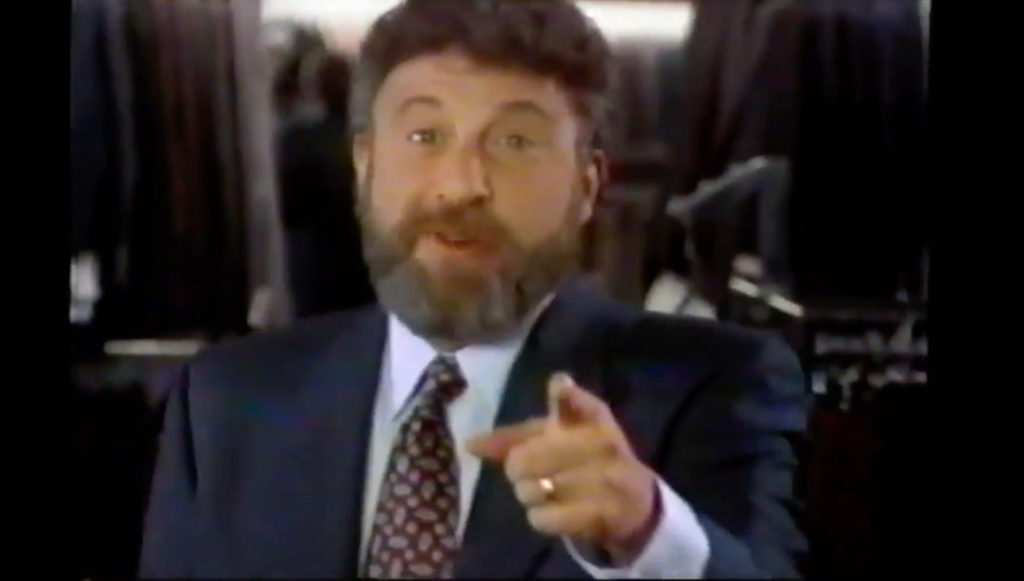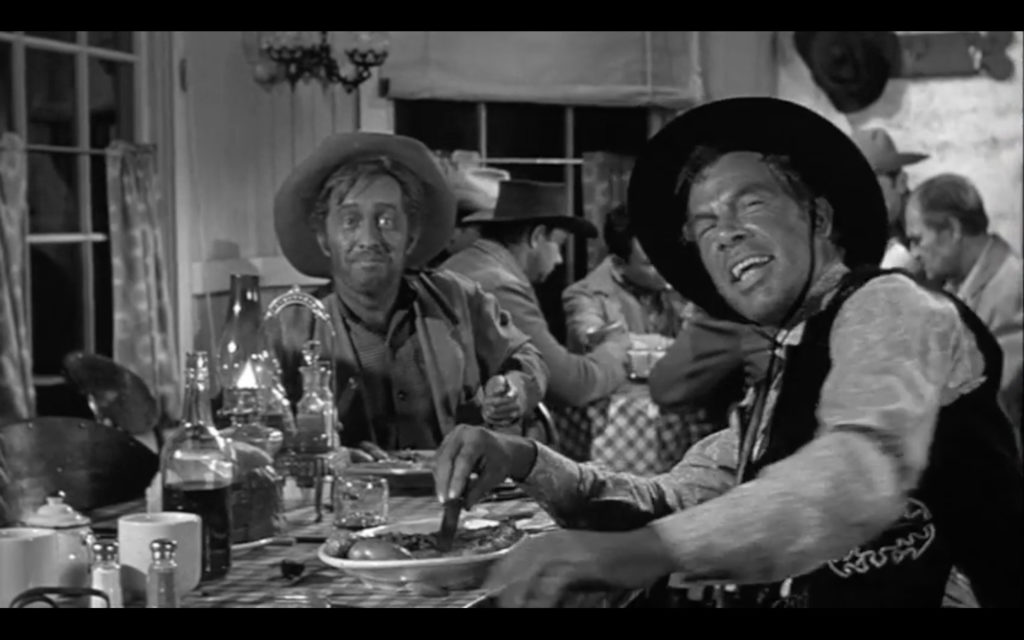Did you ever hear of “radio face”? It was a curious affliction that swept through households in England in 1925.
The background:
Radio had started to spread in the early 1920s. It became more and more popular to have one at home. As a result, radio programming started to explode like corn over a fire.
By 1925, many people found themselves leaning in to the loud speaker… straining to hear each crackling word of the news or the radio drama.
Finally, a companion who was ready to entertain all day long!
Radio seemed perfect. Until, that is, some of the female listeners noticed a worrisome thing. From an article I read:
“The strain of trying to catch every word of wireless broadcast constantly puckers the lines around a woman’s forehead, and draws more lines around the sides of her mouth.”
As a result, many women in England started to live in fear of “wireless wrinkles.”
“Concentration at the Earphones Brings Wrinkles to the Brow.”
Who knows, maybe they were right?
In any case, this made me think how evergreen the fear of “wireless” has been. You could use it in 1925… and also in 2021.
For example, over the past couple of years, I’ve written a lot of copy for a team of ecommerce guys.
One of the longest-running front-end advertorials that we’ve had going is about the fear of “wireless pickpockets.” The offer is an RFID blocking card you put in your wallet, to keep these wireless pickpockets from swiping your money… and giving you wrinkles from all the frowning you would do afterwards.
A few years ago, Stefan Georgi and Justin Goff ran a webinar, offering to critique copy. I submitted the “wireless pickpockets” advertorial.
Stefan and Justin looked at the advertorial tweaking the copy wouldn’t produce much improvement… but Justin had some tested-and-proven advice about the rest of the funnel:
* Add a lot of reason why copy for the first upsell — even though it was just more of the same RFID card.
I passed that golden info on to my clients. But as far as I know, they never implemented it. So maybe it will be useful to you instead, in case you or your clients also run some kind of ecommerce offer.
Anyways, Justin and Stefan put out two more webinars over the past few weeks. If you haven’t watched them yet, I might write more about them in the coming days… and tell you about any golden info that I find inside.
Meanwhile, I want to tell you about a cool newsletter. It’s called The Pessimists Archive. It’s where I found the above story about radio face and wireless wrinkles.
The whole newsletter is really just interesting newspaper cutouts from decades past. It shows you how many things never change… how many fears and appeals stay the same… how predictable human reactions can be, even century after century.
And you know what? This can be valuable if you are the type to track trends and profit from them.
So in case you want to check out news from the past that’s still news, here’s the link to the Pessimists Archive:



